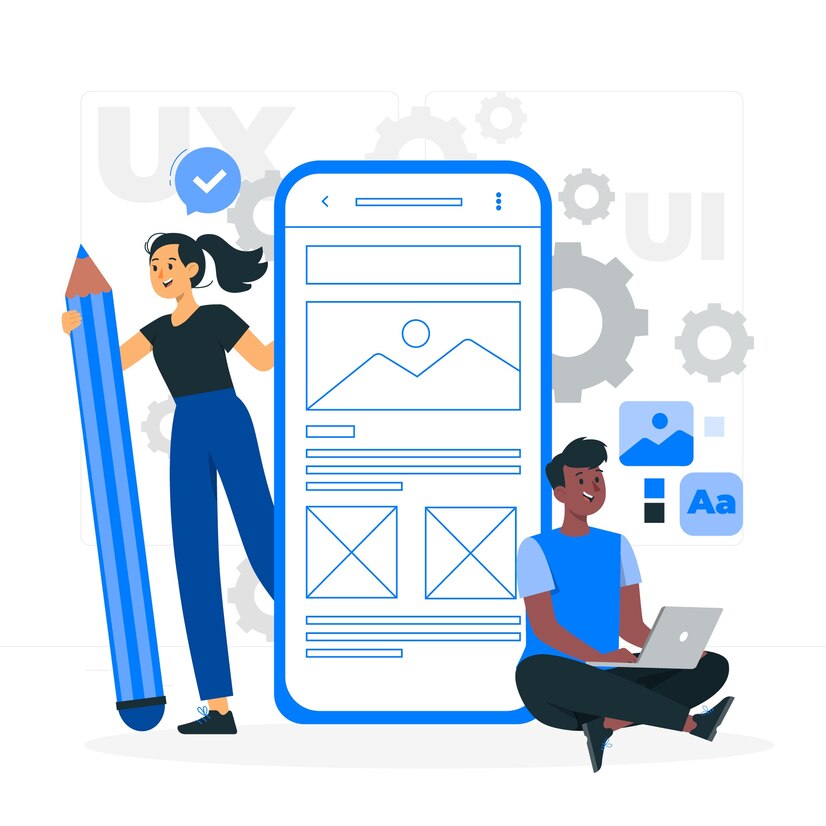Mobile application development is the process of writing software for tablets, smartphones, and digital assistants, usually for the Android and iOS operating systems. The application may be downloaded from a mobile app store, opened with a mobile web browser, or come preinstalled on the device. HTML5, C#, Java, and Swift are the programming languages and markup used in this kind of software development.
Choose the mobile app type you want to create before you start developing it. Below is a summary of various mobile app development technologies along with details on each.
- Native Application: Integrated development environments (IDEs) and programming languages for mobile operating systems like Google Android and Apple iOS are used to create these apps. Although you may personalise essential features with native apps, their cost may be higher than that of other technologies.
- Hybrid Apps: These web apps function similarly to native apps. Technologies including HTML, JavaScript, and Cascading Style Sheets (CSS) are used in their development. Although hybrid apps can be developed more quickly and at a lower cost than native apps, they lack the feature-richness of native apps.
- Progressive Web Apps: A PWA is a website that mimics the appearance and functionality of a mobile application. The web technologies used to create these apps is Facebook React.
- Encapsulated Apps: An encapsulated application is housed within a container app. Products that facilitate the rapid creation of mobile applications for developers with less experience include the Microsoft Power App drag-and-drop app creation tool. The lack of isolation from the core OS, OS lock-in, and relative novelty, however, might be problems.

